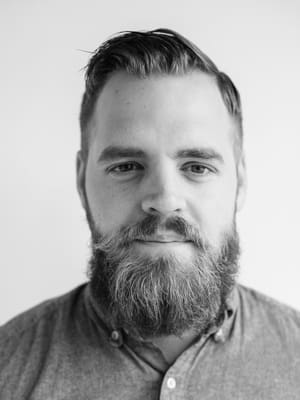I go to weddings for a living. See, I’ve been a wedding photographer since the ripe young age of fifteen. And in that time, I’ve literally witnessed hundreds of wedding toasts in honour of hundreds of newly married couples. Over the years, I’ve noticed that the reception toasts nearly always unfold in the same way: “I remember the time when. . . .” Or “I could tell you some embarrassing stories about. . . .” Or better yet “And so finally, the last story I’ll tell is. . . .” For all the diversity of both poor and excellent speeches, the toasts pretty much always follow the same formula: remember a story from the past and look hopeful to the future. And try to be funny throughout.
I’m always struck by how our memory seems to be completely dependent on our telling and retelling of the remembered event. And not just our telling of it to ourselves as cognitive information, but the telling of it in the form of story. It seems that healthy memory is deeply connected with the act of verbally speaking the memory itself out loud. Memory is never just data. Memory is itself story, the very act of telling or retelling. I have now come to believe that what the fitness gurus say about the human body is also true about memory: we use it or lose it.
I began formulating this theory of memory and story after my own sister finally decided to tie the knot. As a self-proclaimed expert in listening to wedding toasts, and after hearing many poorly planned ones firsthand, I decided to do a little advanced planning to construct the perfect wedding toast for my sister. So, I began thinking through my memories of our childhood together. I asked all of my siblings and my parents for any standout memories they could share about my sister so I could steal them for my wedding toast. And to my complete surprise, we could only think of one good story.
The only place I’ve witnessed consistent communal memory-sharing is at weddings, but I think the practice of memory-sharing must become part of ordinary life. The rise of Western individualism and the increased tendency for us to outsource our memory-making to technology certainly hasn’t helped us regain the habit of practicing collective memory-sharing.
I didn’t grow up in a family that practiced the habit of verbal remembrance or storytelling. It just wasn’t a part of my family culture. We had so much trouble recalling any good memories of my sister because we hadn’t practiced and retold the stories to ourselves all along. As Ira Glass has said, “Great stories happen to those who can tell them.” We hadn’t been telling them. And so it was like the memories didn’t exist. But as we prepare for the great eschatological Wedding Reception, perhaps the wedding-toast formula is a good place to start: remember the past and look hopeful to the future.


